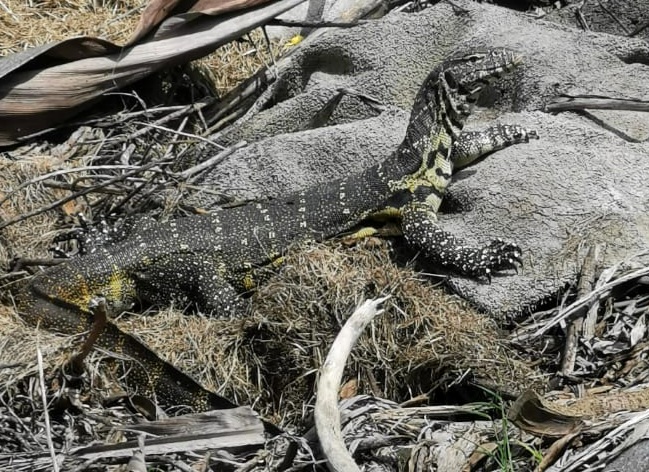It has been over a month since the untimely death of South African rapper AKA, and the question on everyone’s mind is who killed him? A Durban bodyguard, a personal and professional confidant of the rapper, has shared his views on AKA’s tragic death and who he believes was behind it.
Anwar “Dogg” Khan, AKA’s long-time bodyguard, spoke about his close relationship with the star during an interview with Annika Larsen on her eTV show My Guest Tonight. According to Khan, AKA had no enemies, and he would have known if the rapper was in any danger. He explained that their operation and everything they did in the industry was intelligence-driven, and that’s how they had survived for so long.
Despite Khan’s claims, it’s worth noting that AKA had received threats after the death of his fiancée, Anele Nelli Tembe, earlier this year. Khan said the threats were genuine, but he swiftly shifted the subject and said that AKA didn’t go to Nelli’s native province of KwaZulu-Natal out of respect for her.
Who would want AKA dead?
When asked who he believes shot and killed, AKA, Khan responded that he had no idea. He questioned why someone would want to kill Kiernan, as he was loved by his fans and had many supporters in Durban. Khan described AKA as an icon, an idol, a mentor, a supporter, a beautiful dad, and an inspiration to many people.
Khan, who has worked with celebs like Oprah Winfrey, Snoop Dogg, and the late Michael Jackson, said AKA was a beautiful person, and they became family. He compared his relationship with AKA to how he would protect his own family and even give up his life for him.
Increase in bodyguard business
Khan also discussed the rise of personal protection within the entertainment industry, stating that everyone is out for something they don’t have. He explained that if you have personal safety, it reduces the risks around you, your family, and your assets. Khan added that security needs to be taken seriously because it’s a matter of life and death.
In conclusion, the question of who killed AKA remains unanswered, and despite Khan’s claims that AKA had no enemies, there were threats made against him after the death of his fiancée. Whatever the reason for AKA’s untimely death, it’s clear that the entertainment industry needs to take security seriously to protect their assets, reputation, and, most importantly, their lives.
Rapper AKA was murdered in broad daylight
The police think that a hired hitman killed him outside of a renowned restaurant in Durban on Friday night. On CCTV footage, a man wearing a white sweater and hat can be seen crossing the street and walking near AKA. He then fires two shots into the rapper’s head, killing him instantly. AKA and his longtime pal Tebello “Tibz” Motsoane both died.
Assassinated in broad daylight, AKA’s death has sent shockwaves through the South African music industry. Transport Minister Fikile Mbalula has expressed his concern, questioning why a musician like AKA deserves to be killed in such a brutal manner. With the police yet to make any arrests or suggest a possible motive, the mystery behind AKA’s assassination continues. AKA’s tragic death serves as a stark reminder of the dangers that exist for those in the public eye, highlighting the need for increased security measures to protect the lives of public figures.








